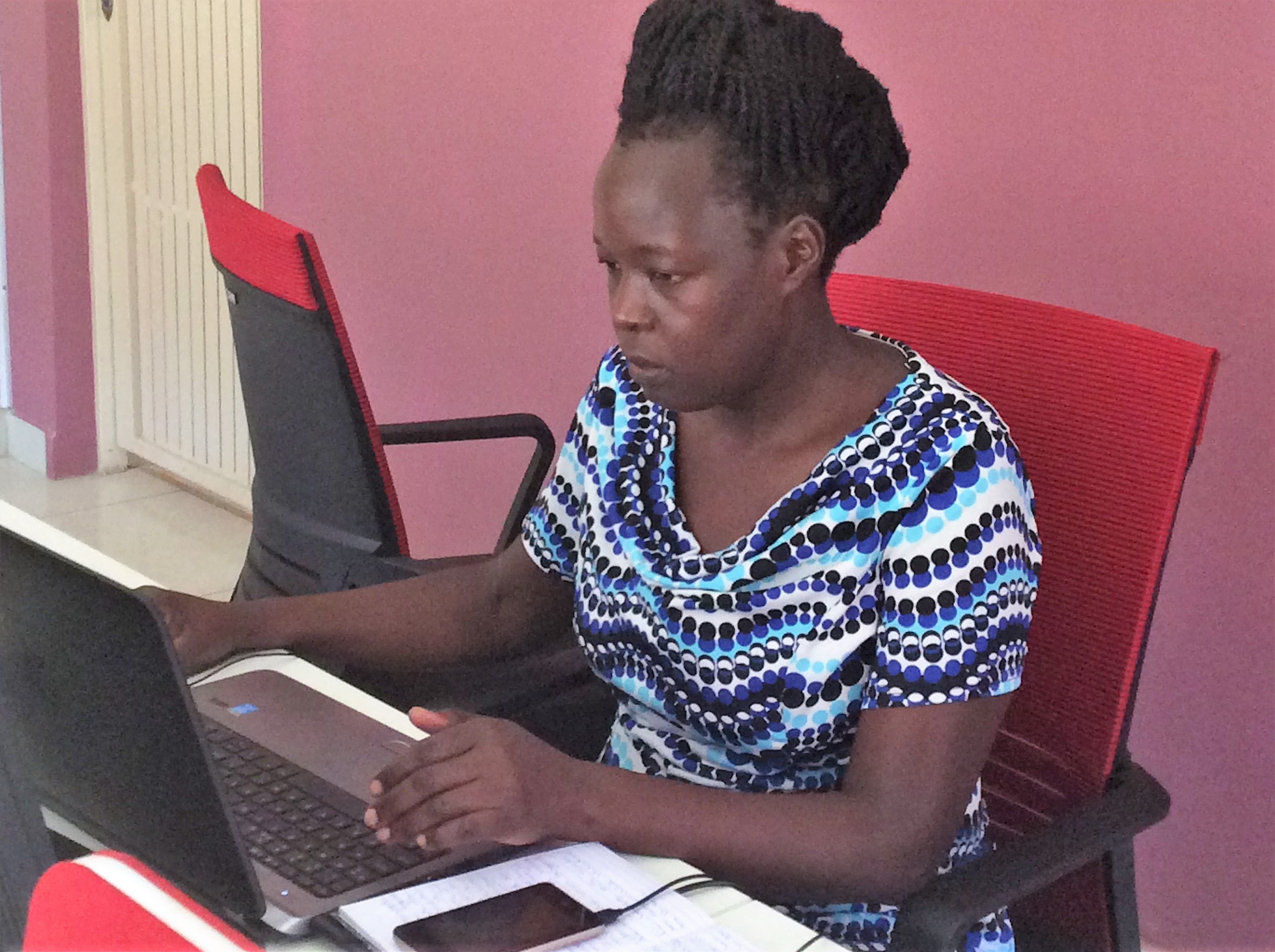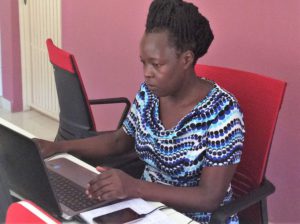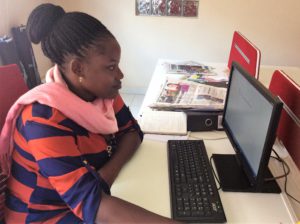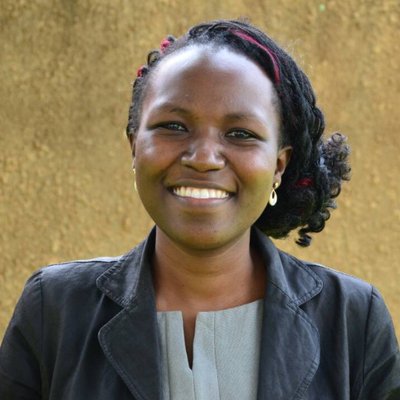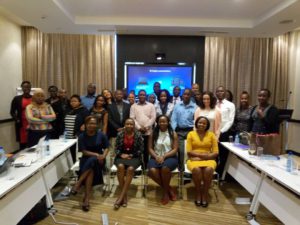By: Ms. Joy Asasira
 As we celebrate yet another women’s day, that is commemorated every year on March 8th. At CEHURD, we continue to #PressforProgress in our fight to address preventable maternal mortality in Uganda. The standards have been set, Goal 3 sets a target to reduce the global maternal mortality ratio to less than 70 per 100,000 live births, Abuja Declaration obliges governments to allocate at least 15% of the total national budget to the health sector. Whereas Uganda has made progress, but we still have along way to go, the maternal mortality ratio still stands at 336/100,000 live births. For very maternal death in Uganda, six (6) women suffer severe morbidities- anemia, infertility, pelvic pain, incontinence, and obstetric fistulas.
As we celebrate yet another women’s day, that is commemorated every year on March 8th. At CEHURD, we continue to #PressforProgress in our fight to address preventable maternal mortality in Uganda. The standards have been set, Goal 3 sets a target to reduce the global maternal mortality ratio to less than 70 per 100,000 live births, Abuja Declaration obliges governments to allocate at least 15% of the total national budget to the health sector. Whereas Uganda has made progress, but we still have along way to go, the maternal mortality ratio still stands at 336/100,000 live births. For very maternal death in Uganda, six (6) women suffer severe morbidities- anemia, infertility, pelvic pain, incontinence, and obstetric fistulas.
At CEHURD we have continued to highlight the plight of our women who die needlessly due to pregnancy related causes. The positive judgment from the High Court against the Nakaseke District Local Administration ( Civil Suit No.111 of 2012 )that recognized that Nanteza Irene’s maternal health rights were violated, when she was neglected for eight (8) hours in in the hospital without proposer care while she experienced hemorrhage and a raptured uterus.
The task ahead is still a daunting one, the maiden maternal health case that was filed by CEHURD and the families of Jenifer Anguko (Arua) and Sylvia Namubiru (Mityana) in constitutional Petition No. 16 of 2011 where CEHURD sought a court’s pronouncement that the non-provision of basic indispensible health maternal commodities in government health facilities and rampant maternal mortality is also caused by the government’s non-provision of basic minima maternal health care packages, which constitutes a violation of their right to health. This case is yet t be heard on its merits since its filing in 2011, but we shall not relent, and we also implore the Constitutional Court of Uganda to hear this case, because justice delayed is justice denied!
As we celebrate women, there is no doubt that the unique reproductive health needs and roles of women, put them at risk of negative health outcomes without access to appropriate services. Many of these are preventable with adequate resource allocation, availability of health services and women’s empowerment.
At CEHURD, we celebrate the women, we recognize their role and contribution to a strong and flourishing society. It is with this that we continue to #PressforProgress to ensure that the women of Uganda do not die or suffer due to preventable maternal mortality causes. As Professor Muhmoud F. Fathalla, who is unarguably the greatest Women’s health Rights champion stated, “Women are not dying because of diseases we cannot treat, they are dying because societies have yet to make the decision that their lives are worth saving.”
#maternalhealthug
#petition16




